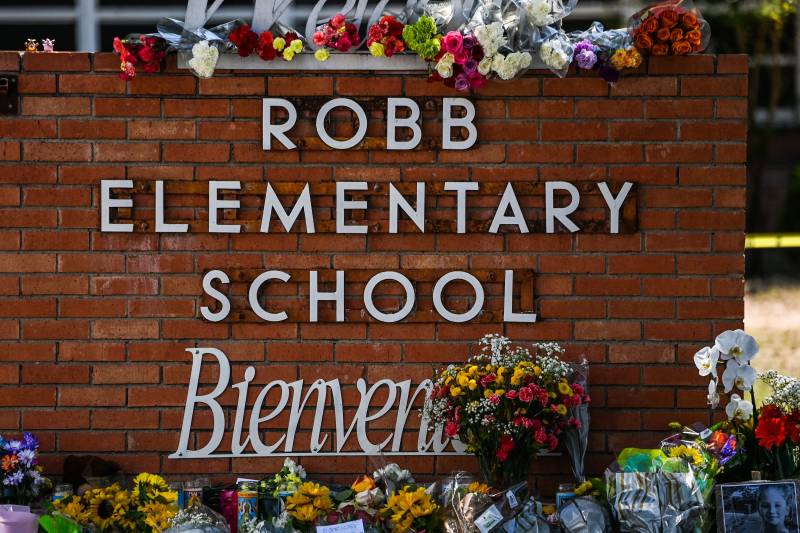
Our GCR Church family is grieving this week. Three funerals in one day will do that. Tomorrow we will give Ashleigh Reedy, James Kennedy, and Dane Higgins to our Lord at three services – two in Lubbock and one here in Midland. And we’re struggling with some of this. All three of these deaths are tragic and unforeseen, all surprising in varying degrees. And we’re having a hard time.
I believe that open and honest struggling and wrestling with God is a sign of faith. I believe that even questioning God and arguing with God reflects a strong inner conviction in his power and goodness.
Think about it. To demand that God ought to act justly is based solely on a firm belief that God is just. If we don’t believe God is just, we won’t go to him when we see injustice. We’ll go somewhere else. What we believe about God – if we really believe it – is what leads to this kind of honest wrestling.
We believe in God’s omnipotence. There is only one God. He does not share his power with any other god. He made the whole world and everything in it. He is the sovereign ruler over all creation. So, every single thing that happens, good and bad, fair and unfair, happens because God either causes it or allows it. And that leads directly to our really hard questions: Why? Why, God, do you allow these things to happen? Why, God, don’t you intervene?
We believe in God’s righteousness. God loves the world he created, he is concerned with what happens to his creatures, and he’s certainly not wicked in the ways he deals with the world. But we’re faced with the reality of terrible cruelty and awful suffering in our world. And if God is omnipotent and righteous, that leads directly to these agonizing prayers: How long is this going to last? God, where are you?
The prophet Habakkuk doesn’t like God’s answers. He can’t stand what he and his people are having to endure. None of it makes sense to him. So he keeps arguing with God. He keeps coming back to God. He struggles and accuses and complains.
“O Lord from everlasting. My God. My Holy One.” ~Habakkuk 1:12
When God’s people in Scripture complain about their troubles, when they lament the injustices of life, when they seek answer to their questions about the evil and the pain in the world, they don’t write letters to the editor, they don’t hold court in the coffee shop, they don’t call the talk shows, and they don’t join a campaign. God’s people bring their doubts and their fears, their uncertainties and questions, their complaints and arguments straight to God.
And in the case of the Psalms and Habakkuk, they do so as part of their worship, in the presence of God, in the middle of the congregation.
We’re struggling together here at GCR. We’re struggling with Mike and Amy and their family, with Lisa and John and their family, and with D’Nese and Dale and their family. This is hard. We’re struggling. Together. We’re questioning and complaining, trying to make sense of things that just don’t add up with what we know and believe about our merciful Father. But we’re struggling in faith.
God bless us. Lord, have mercy on these sweet families and on our church. God, please honor our faithful lament.
Peace,
Allan






Recent Comments